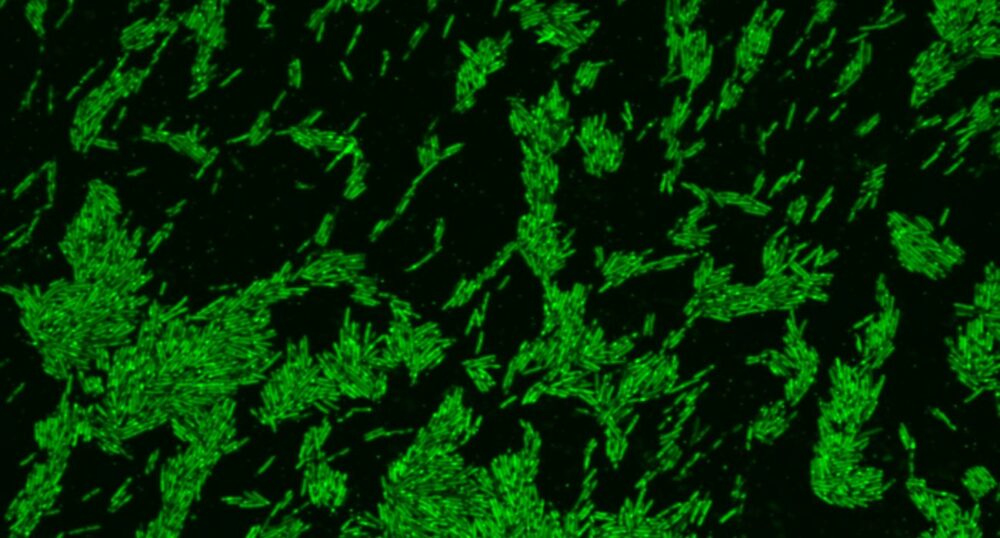Researchers have discovered a bacteria in the gut that can potentially point to a decreased risk for cardiovascular disease.
Researchers from the Broad Institute of MIT and Harvard and Massachusetts General Hospital revealed on Tuesday the results of a study examining different cholesterol-consuming gut bacteria species. Scientists looked at microbial genomes gathered from over 1,400 participants in the Framingham Heart Study, a decades-long study committed to identifying the common factors or characteristics that contribute to cardiovascular disease.
The scientists gathered and grew bacteria from stool samples creating a compendium of bacteria such as Oscillibacter, which were particularly abundant, and used spectrometry to identify byproducts of cholesterol consumption. These studies and machine learning allowed scientists to document over 16,000 relations between metabolism and these microscopic life forms and identify enzymes that allow for biochemical conversions.
“Our research integrates findings from human subjects with experimental validation to ensure we achieve actionable mechanistic insight that will serve as starting points to improve cardiovascular health,” said Ramnik Xavier, co-director of the Infectious Disease and Microbiome Program at the Broad Institute and member of the study, according to a press release.
The study found that Oscillibacter and another bacteria known as Eubacterium coprostanoligenes worked together to consume cholesterol and that Oscillibacter was associated with decreased blood and stool cholesterol levels. Researchers believe their discovery of these cholesterol-consuming enzymes could allow for potential therapeutic breakthroughs and more discoveries into how gut bacteria affect one’s metabolism.
“Because of the large number of genes of unknown function in the gut microbiome, there are gaps in our ability to predict metabolic functions,” said Chenhao Li, co-author of the study, in the release. “Our work highlights the possibility that additional sterol metabolism pathways may be modified by gut microbes. There are potentially a lot of new discoveries to be made that will bring us closer to a mechanistic understanding of how microbes interact with the host.”
Scientists have devoted many studies to unraveling individual risks of cardiovascular disease, one of many conditions that have been linked to obesity, yet another epidemic affecting the nation and the globe. The Dallas Express recently reported on the discovery of genetic markers that could reveal a predisposition to cardiovascular diseases hidden within our “biological glue.”

